For most individuals, summer in the south means backyard barbecues, outdoor festivals and fairs, and lots of time with family and friends. This can also mean battling the urge to eat whatever and whenever you want when surrounded by all the temptations.
As an individual interested in losing weight or who has just had weight loss surgery, we highly encourage you to stick to a strict dietary list to promote weight loss. However, often our patients feel at a loss as to what healthy food options they have, especially when on a budget.
So I have gone ahead and compiled a list of summer foods that not only promote weight loss and have tons of added nutritional benefits but are frequently on sale at the grocery store as a result of them being in season. Next time you are at the store, pick up a few of these items and see how you can incorporate them into your diet.
1. Avocados
Avocados are a great source of healthy fats and potassium, reducing blood pressure and alleviating cramping. Avocados have 2 grams of protein and 15 grams of healthy fats. Although they contain 9 grams of carbs, there are 7 grams of fiber, equaling 2 grams of net carbs.

2. Bell Peppers
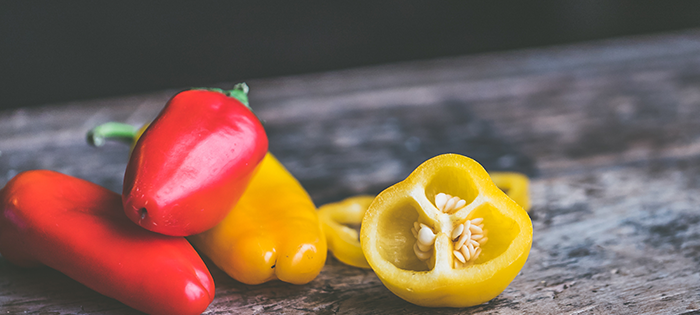
Bell peppers are low in calories, helps to reduce LDL (bad cholesterol) levels, controls diabetes, and eases inflammation as a result of the capsaicin found in them. Bell peppers also improve the ability for iron to be absorbed into the gut, preventing anemia. Similarly, carotenoids, pigments found in plants, are abundant in bell peppers and are linked to improving eye health.
3. Berries
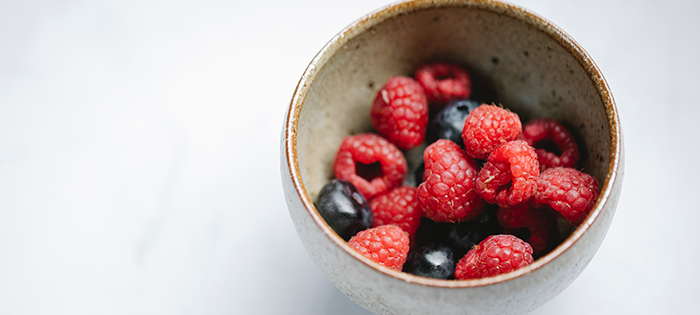
Berries are a healthy, low sugar-containing fruit option. They are rich in vitamins B and C, fiber, and antioxidants. Berries help improve blood sugar and insulin response in diabetic patients, lower cholesterol levels, improve your skin, and leave you feeling full due to the fiber content.
4. Cucumbers
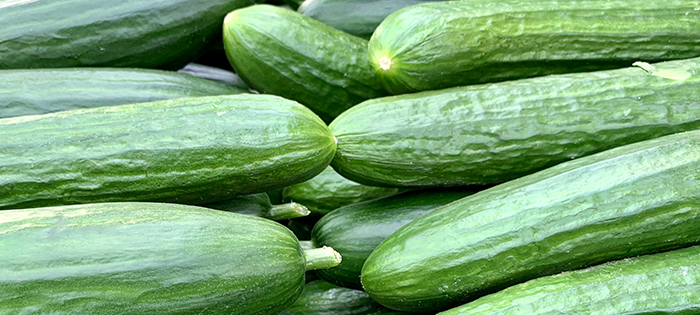
Cucumbers are low-calorie vegetables made up of soluble fiber and about 95% water, making them an excellent weight-loss food. They are a great addition to meals to add in extra antioxidants and anti-inflammatory benefits.
5. Peas
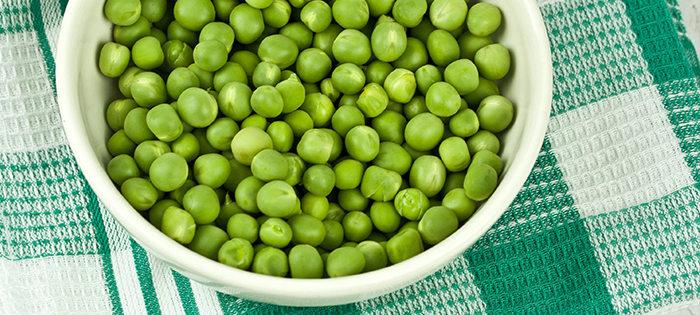
Peas have a high fiber and protein content, making them a great addition to any meal. Peas are known to increase certain hormones in the body that suppress appetite. Combined with the protein and fiber content, peas help you feel full longer, improve digestion, and fight chronic diseases.
6. Shrimp
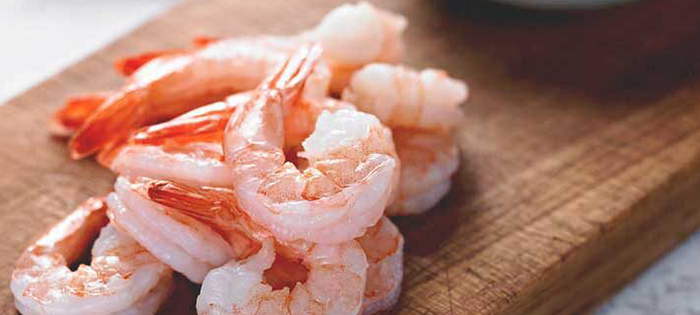
Shrimp is a high protein, low-calorie food option that contains 75% of the daily value for B12 and 100% of the daily value for selenium, a mineral that improves thyroid function and minimizes premature aging. Enjoy shrimp raw or cook it up and add it to a meal.
7. Spinach
Spinach is a superfood and a great source of iron. Spinach contains many minerals, vitamins, pigments, and phytonutrients that contribute to clearer skin, improved eyesight, regulated blood pressure, stronger muscles, and the prevention of age-related macular degeneration (AMD) and hemophilia.
8. Tomatoes
Tomatoes are a great source of vitamin C, potassium, folate, and vitamin K. Tomatoes are also the primary dietary source of the antioxidant lycopene, which has been shown to reduce the risk of heart disease and cancer. As a bariatric patient, you want to stick to raw tomatoes and avoid sugar-filled tomato products such as ketchup and tomato sauces.
9. Watermelon
Watermelon is a refreshing fruit made up of about 90% water and is packed with vitamin C and vitamin A. This fruit is low in calories yet high in antioxidants that improve heart health, fight cancers, relieve muscle soreness, and promote hydration for the skin.
10. Zucchini
With similar benefits to cucumbers, zucchini offers an ample supply of vitamins that support the immune system, aid in healthy digestion, reduce blood sugar levels, and promote weight loss. Zucchini has a high fiber content and a low calorie density, making you feel full for longer periods of time.
Conclusion
Despite these foods being healthy and filled with vitamins and nutrients, it is still important to follow portion control methods to ensure you are adhering to your bariatric surgeon and dietitian’s guidelines. Consult with your bariatric dietitian if you have had weight loss surgery in the last year to learn more about what is approved on your post-operative bariatric diet.
